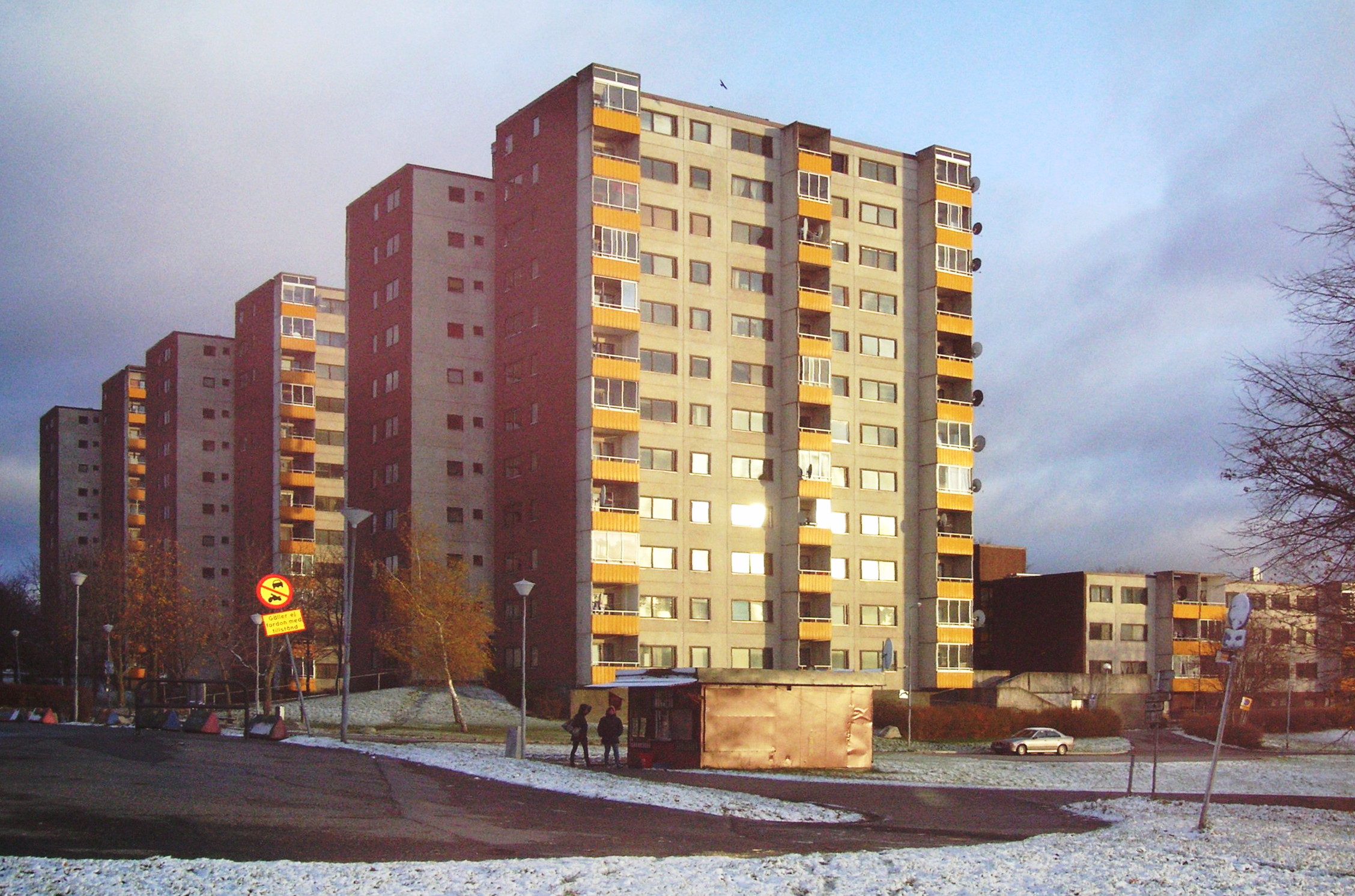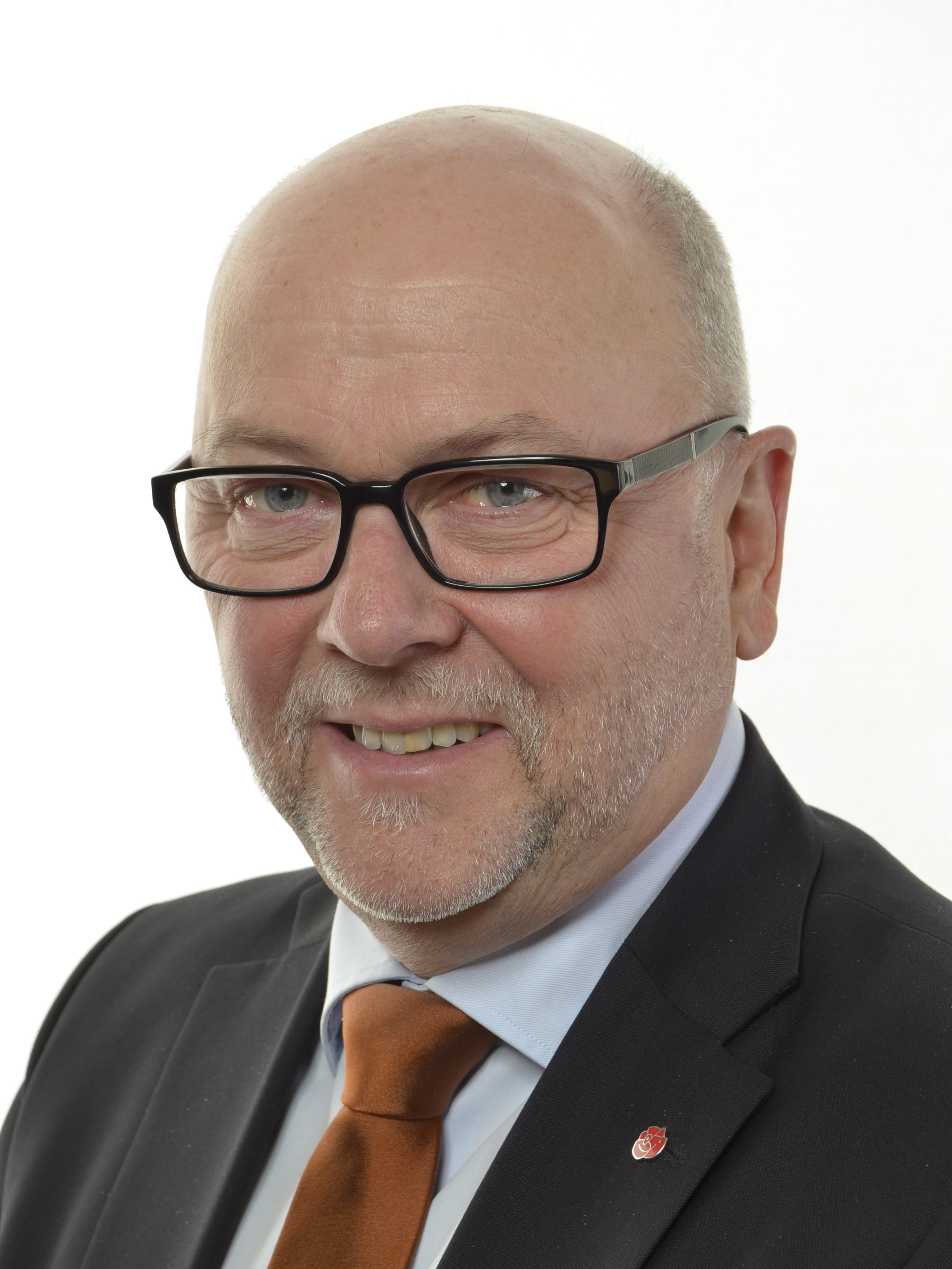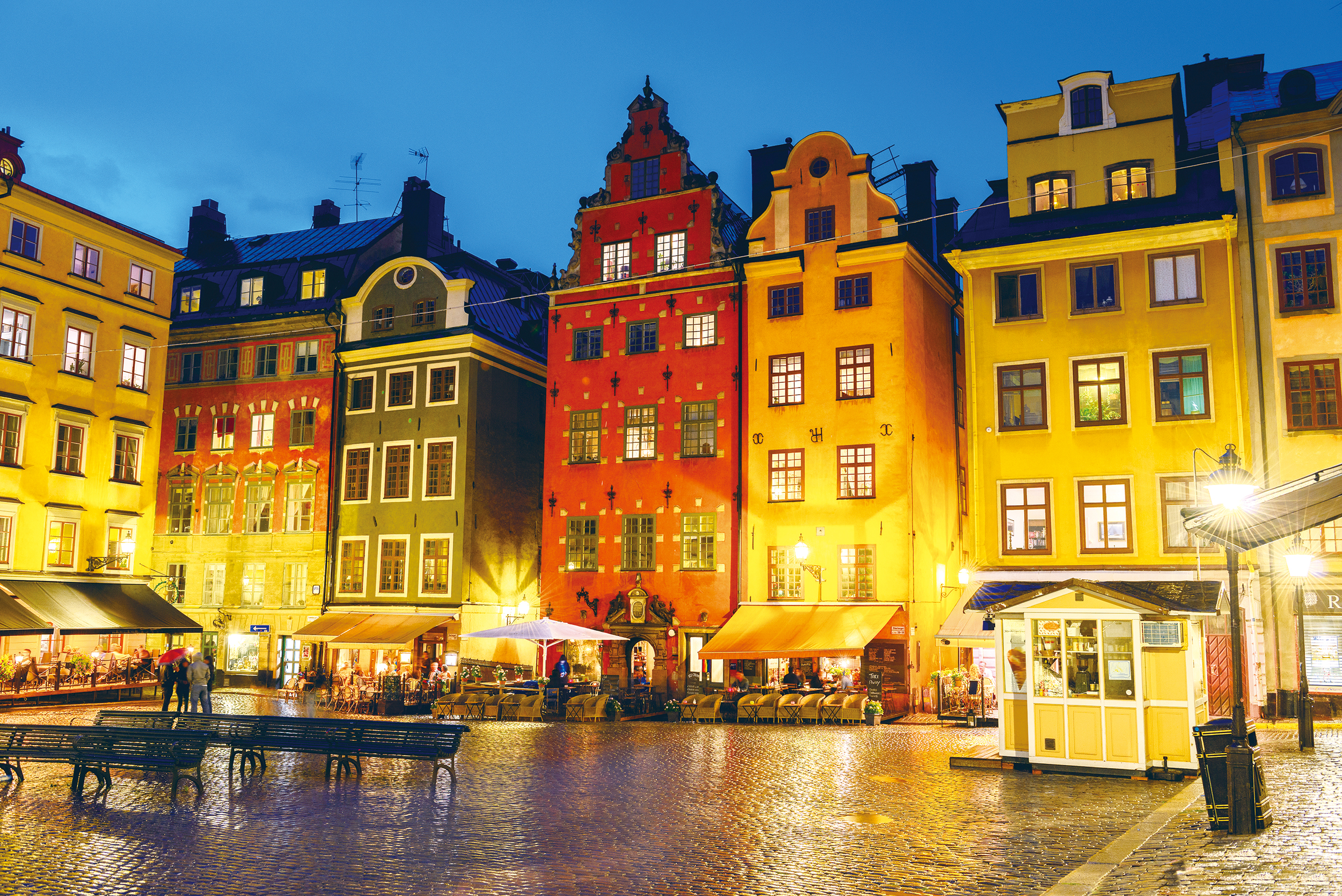Thomas Strand has been a Social Democrat member of Sweden's Parliament since 2006, holding special responsibilities in education, and European Union affairs. In early March, he visited the College of Business, and we took the opportunity to interview him. Here Mr Strand talks about how Sweden is coping with the challenges created by the recent influx of immigrants, and how the country that brought the world Skype, Spotify and IKEA is innovating for the future.
"Freedom, Equality, Solidarity"
Could this be a slogan from the French Revolution? But no. They are the words of the mild-mannered, rational-sounding Swedish parliamentarian Thomas Strand, spelling out his party's social democratic agenda. And unlike the America of Trump, he is not advocating shrinking the role of government.
"We believe that we can continue to build a very good welfare state. I strongly believe that Sweden's welfare state is fit for purpose," he says emphatically.
Strand's Social Democratic Party has been in power for more than 70 of the past 100 years. The party is both the main architect and guardian of this jewel in Sweden's Crown, one of the most comprehensive welfare states in the world.
Around the world, Sweden's achievement and its hospitable society has not gone unnoticed, and social media is spreading the message. To adapt the catchphrase originally given to Sweden's neighbour, Denmark: the world is "Getting to Sweden".
And this is more than an aspirational metaphor. In the past few years, a long line of asylum seekers have made their way north from Syria, Afghanistan and Africa, through Europe, and many have ended up in Sweden.
As Strand admits, "We have had a big debate about the immigration system, especially when we took in a large number as in 2015."
 Refugees walking from Denmark to Sweden
© Bax Lindhardt/Getty Images
Refugees walking from Denmark to Sweden
© Bax Lindhardt/Getty Images
“ We cannot compete with low salaries, we compete with knowledge and competence ”
"We have a very welcoming system, and we are the top country in Europe in terms of accepting immigrants per capita. But we do need to control numbers so as to be able to give them good education and healthcare."
"We have also recently got a lot of immigrants from Syria who have high qualifications, so we need a system where we can validate their qualifications so that they can get a job quite fast."
Currently there are restrictions on immigration into the country.
"The problem is to integrate immigrants into society and we share that problem with all European countries. It takes too long for immigrants to get a job, now on average 7 or 8 years. We stand out as a humanitarian country, and after these 3 years we hope that we can remove the temporary restrictions."
Free Trade, Yes please!
Unlike the UK, Sweden has not been swayed by the current protectionist spirit.
"We are strong believers in free trade, and we find the Brexit result negative," Strand says.
"Overall there is strong support for EU membership," he continues. "According to a national poll conducted in the aftermath of Brexit, support for EU membership has increased."
 Flats from the Million Homes Programme of the 1950s-60s are now a regeneration challenge
© Holger Ellgaard/ Wikimedia Commons/CC-BY-SA-3.0
Flats from the Million Homes Programme of the 1950s-60s are now a regeneration challenge
© Holger Ellgaard/ Wikimedia Commons/CC-BY-SA-3.0
"Government wants to be an active player in the EU, and Sweden would like to see a vital and innovative union."
Immigrants have an important role to play in Swedish society.
"Traditionally we welcome newcomers and asylum seekers, through a sense of solidarity to help people. Also, we need more young workers in Sweden to support our welfare state in the face of an aging population."
The young Swedish generation tend to choose academic rather than vocational programmes. And that's where immigrants can contribute.
"We need a good educational system to teach Swedish, get people into vocational training, and out into the world of work. The challenge is when we have these immigration peaks, like 165,000 in 2015. Last year we were back down to 30,000. If we can keep it at that level, we can handle it."
Last night in Sweden
When President Trump recently posed the extraordinary question, "Did you see what happened last night in Sweden?", the world looked on bemused. None more so than the Swedes themselves. Because nothing had happened that night in Sweden. Trump was in fact referring to a Fox News programme about Sweden, which pointed out alleged social tensions around immigration. But Thomas Strand will have nothing of it:
Stortorget, the oldest market square in Stockholm. Sweden is rated one of the happiest countries on earth
"The talk about no-go zones is a myth. From time to time we have problems, but that is more connected to crime such as drugs. So, yes there is police action related to drug arrests, and there may be riots as a result of these actions."
"We are also aware that we have problems from time to time but that is not to say that we have no-go zones. I can go anywhere in Sweden."
"The special challenge is to get the immigrants out to jobs. That is a challenge also for the education system. They need education. It's a challenge of integration."
A very welcoming people
Has Sweden become too politically correct, stifling debate into a narrow opinion corridor?
"I do not feel we have a PC society in Sweden. That is what is often said by the populist parties. We have a broad, open-hearted and rigorous debate. But in a way, I regret that we didn't open up the debate earlier. We were afraid that if we talked about immigrants, we would stigmatize them."
The shape of Swedish politics has changed and new parties have sprung up.
"We have the Sweden Democrats and they are growing, so we do have a nationalist, rightwing movement. They are spreading a picture of Sweden with no-go zones, and the negative aspects of immigration, but the majority of Swedes are very positive towards immigrants. This majority do not want tougher legislation against immigrants, and remain very welcoming people."
Social democratic tradition
The new government in power is an alliance between the Social Democratic Party and the Greens and is working hard to strengthen the Swedish welfare state model. The economy is running well and the budget is in surplus – very good, according to Strand compared to the recent neo-liberal government which was running a deficit.
"Sweden is top of the employment ratings in Europe for the 20-64 year olds, at approximately 80%."
But Sweden has its detractors. Good economic statistics come along with doubts over the quality of life. Sweden is conformist, critics opine. The high-rise suburbs in particular are monotonous and increasingly drab.
"In the 1950s and 60s, jobs were booming in the cities and we needed to build to cater for urban migration, so that people could live close to the new jobs," Strand explains.
The result was the "Million Homes Programme", an ambitious plan to build a million homes in ten years. The template was high-rise, something that will be familiar to our Hong Kong readers. It is surprising, then, to hear that Sweden is gearing up for another huge quantitative solution.
"Nowadays we need to renovate the buildings and flats from that era. But we are also building 700,000 new houses and flats within ten years. The difference is that this time we are looking at more sustainable ways of building and more welcoming environments as well."
Despite the high-rise, Sweden rates as one of the happiest places in the world, coming 10th in The World Happiness Report published by the United Nations Sustainable Development Solutions Network (Hong Kong is ranked 75th).
The innovating future
In a country where renewable energy is at about 25% and the aim is to completely phase out fossil fuels and depend on renewables by 2050, the government is working closely with the private sector.
"We are working to strengthen green research and innovation. We cannot compete with low salaries, we compete with knowledge and competence."
"It is important for the state to invest in infrastructure, railways, housing, IT, because that helps companies to strengthen themselves."How closely does government work with large companies?
"There is a dialogue in different ways. A National Innovation Council has been set up which is chaired by the Prime Minister, and includes top business leaders and researchers."
A recent meeting of the council concluded that everything that is fossil-based today can be made from wood in the future, positive news indeed for a country with 53% forest cover.
"We want to use the forests. We aim to build more houses with wood rather than concrete, make clothes out of wood, and drive cars on wood gas. There are lots of things that we can do. That's where R&D is very important."
"You have to create very good conditions, excellent schools, higher education, innovation and cooperation between universities, business and public sector, and then you will surely see more new products and processes."
From Skype to Spotify to IKEA, Swedish companies have had a dramatic impact on how we live our lives. Thomas Strand speaks of the careful planning that goes into building an innovation-friendly environment. The world awaits with interest the arrival of Sweden's next disruptive innovation.
Sweden's Welfare State
- An elaborate social safety net — free education and universal healthcare
- Strong property rights, contract enforcement, and overall ease of doing business
- Public pension plans
- Low barriers to free trade, combined with collective risk sharing
- Low levels of corruption
- High percentage of workers belonging to a labour union — 67.7% (2014)
- A partnership between employers, trade unions and the government
- Very high public spending, 50% of GDP (2015). Public employees make up around a third of the workforce
- Strong unemployment benefits — several years before reductions begin
- Overall tax burden is high — 57% (2016)




